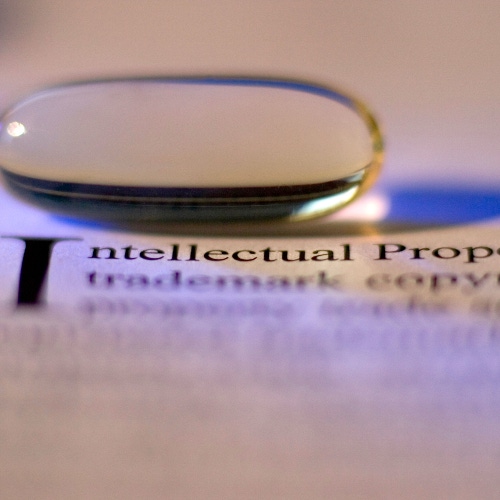
Nokia has managed in recent days to convince a German court to ban the sale of Oppo smartphones in that country. And, separately, Ericsson has managed to convince a Colombian court to ban the sale of Apple phones in that country.
The developments help to highlight the efforts by Nokia and Ericsson to ink new and profitable 5G patent licensing agreements across the world. Both companies have recently seen a dip in their patent licensing revenues, and both have suggested their pursuit of new agreements for 5G patents will help reverse that situation.
However, they're certainly facing stiff resistance. For example, as reported by Foss Patents, Apple has been taking some relatively extraordinary legal steps lately to fight back against Ericsson's patent attack. The publication noted that Apple, shortly after the ruling in Colombia, submitted an emergency petition in Texas for damages against Ericsson, in an attempt to deter Ericsson from pursuing the Colombian ban. And, separately, Apple filed its first-ever lawsuit asserting standards-essential patents (SEPs), in a German court. The lawsuit, against Ericsson, is based on a patent Apple acquired from Intel, and essentially represents leverage Apple could use against Ericsson in the two companies' ongoing patent licensing battle.
Figure 1:  (Source: Rhea Eason/Alamy Stock Photo)
(Source: Rhea Eason/Alamy Stock Photo)
At issue are billions of dollars in patent licensing fees. Nokia and Ericsson both played lead roles in the development of the 5G standard, and now they're looking to get licensing revenues from other companies – like Apple and Oppo – that are building phones that allegedly make use of those patents.
Ericsson reported around $130 million in its most recent quarter from patent licensing, but warned that the figure was "affected by several expiring patent license agreements pending renewal and by 5G license negotiations."
"We are confident in our strong 5G position and leading patent portfolio, positioning us well to conclude pending and future license renewals," Ericsson said in its earnings release.
Nokia too said it's "confident in the strength of the patent portfolio." But the company noted that licensing revenues in its most recent quarter were lower than expected due to "the timing impact of licensing agreement renewals."
Nokia scored a patent agreement with China's Lenovo last year, but has so far sued China's Oppo in 11 different countries, according to the South China Morning Post.
Both Ericsson and Nokia believe they are owed several dollars for every 5G phone. Perhaps not surprisingly, phone makers like Apple and Oppo have balked at that notion.
Devils in the details
Interestingly, Foss Patents suggests that the actual terms of such licensing agreements can vary based on the size of the companies involved and the markets where they're doing business.
"It's pretty common for parties to agree on fixed royalty amounts, such as $100 million per calendar quarter. It's convenient: the implementer doesn't have to send royalty reports, and the licensor doesn't have to perform plausibility checks [on the number of phones sold] or even audits. And the licensor has some predictable recurring revenue," the publication noted.
However, there are also drawbacks to such fixed agreements. For example, in the battle between Oppo and Nokia, such an agreement might not account for Oppo's successes in the phone market. Nokia, according to the publication, may have "refused a lump-sum deal as it feared it might in the end receive too low a royalty on a per-unit basis."
Thus, with the money at stake, it's no surprise that patent-licensing negotiations can involve dozens of lawsuits and courtrooms around the globe. Recent reports speculate that Apple may continue to rely on Qualcomm's 5G chips in its iPhones for legal reasons rather than technological ones.
After purchasing Intel's smartphone chipset business in 2019, Apple was widely expected to eventually develop its own 5G chip in order to eliminate its need to purchase such products from Qualcomm. However, a recent rumor suggests Apple will continue using Qualcomm's 5G chips for the foreseeable future. And some patent experts believe part of the reason Apple will do so is to avoid infringing on Qualcomm's vast 5G patent portfolio.
Qualcomm, Nokia and Ericsson aren't the only companies pursuing patent licensing agreements with Apple. InterDigital's deal with the iPhone vendor expires in the third quarter, according to a recent IAM report. But InterDigital's new CEO, Liren Chen, believes the company will be able to ink a new agreement with Apple.
Related posts:
— Mike Dano, Editorial Director, 5G & Mobile Strategies, Light Reading | @mikeddano
About the Author(s)
You May Also Like












